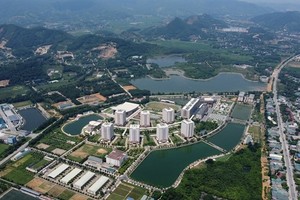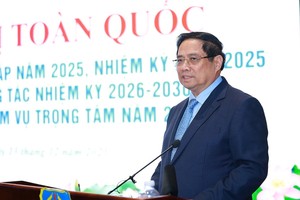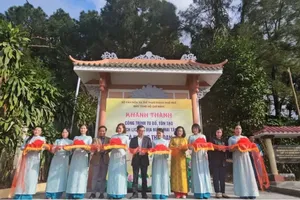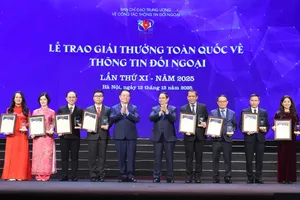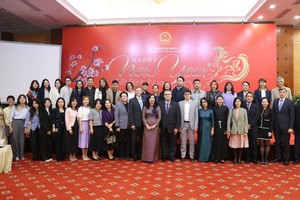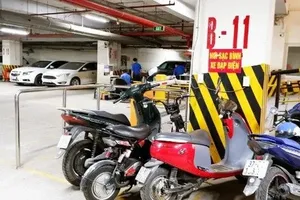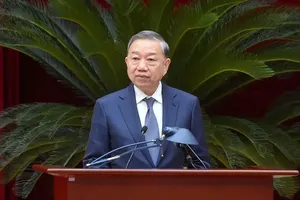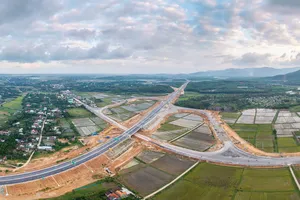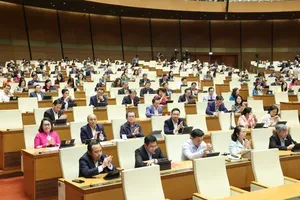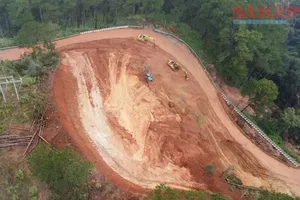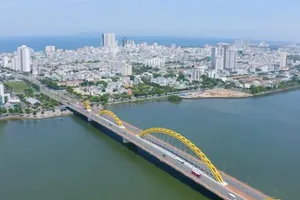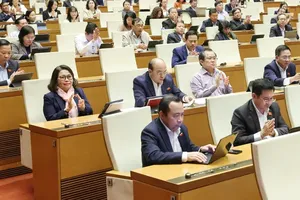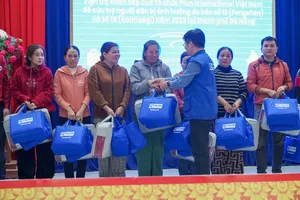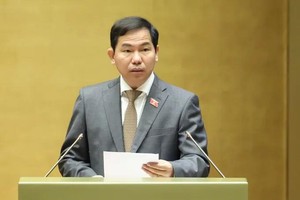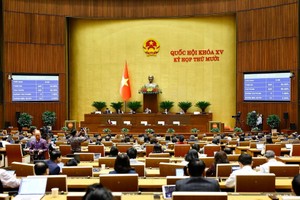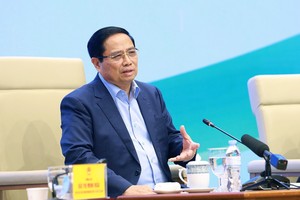Vietnam is persistently performing market-oriented economic renovation and integrating intensively and extensively into regional and world economies on the basis of respect for each other’s interests and mutual development.
Deputy Prime Minister Hoang Trung Hai delivered this statement at the Vietnam Business Summit, which was organized within the framework of the 44th Annual Meeting of the Asian Development Bank (ADB) Board of Governors in Hanoi on May 3.
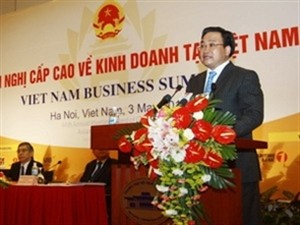
Hai said the summit is a forum for the Vietnamese Government to transmit direct messages to the international community on its development process, investment environment, business climate as well as Vietnam’s policies and strategic orientation in the future.
During the 2001 – 2010 period, the Vietnamese economy’s growth annually reached an average 7.26 percent, with the scale of the economy expanding by 3.3 times, he said, adding that Vietnam officially became a full member of the World Trade Organisation (WTO) in 2007 and entered the group of middle-income countries in 2008.
“For the achievements of Vietnam in past years, apart from efforts of the Vietnamese people and Government, there have been important grants and assistance from the international community, and ADB is among them,” the deputy PM said.
From 1993 to March 2011, ADB approved 105 loans valued at 9.39 billion USD to the Vietnamese Government, a guarantee of 325 million USD, 246 technical assistance projects of 201.9 million USD, and 26 other sponsored projects of 150.1 million USD.
At present, Vietnam is one of the members to receive the most funding from the Asian Fund for Development (AFD) and also a country provided with numerous ordinary capital resources by ADB.
While highlighting the country’s 2011-2020 socio-economic development strategy, with the goal of basically turning Vietnam into an industrialized nation by 2020, Hai pointed out an array of priority solutions to be taken to improve the business and investment environment, transform the growth model, set up and synchronously develop finance, commodity, services, labor and science-technology markets towards the liberalization of trade and investment, and fully tap resources both in and outside the country.
Addressing the meeting, ADB President Haruhiko Kuroda congratulated Vietnam on its recent progression to middle income country status. “Since the adoption of the Doi moi (renewal) policy in 1986, Vietnam ’s economy has been significantly transformed. Over the last 20 years, the Vietnamese economy has grown six-fold while the poverty rate has dropped from over 58 percent to just 10 percent today,” he said.
Since Vietnam joined WTO, the country has integrated more intensively and extensively into the regional and world economies, Kuroda said, noting the integration process would bring opportunities to Vietnam , including the promotion of structural reform, expanding markets and attracting capital and high technology.
However, the integration process would also pose challenges to Vietnam in terms of stabilizing the macro-economy, enhancing competitiveness and creating a stable business environment, he added.
The ADB president also expressed his confidence in Vietnam ’s strong potential over the medium to long term. “We are committed to continue working closely with the Government to achieve its goals of bringing unity, harmony and prosperity to the people of Vietnam,” he said.
At the summit, delegates discussed a wide range of issues related to financial institutions for investment and business on Vietnam, public-private partnerships (PPP) and human resource development.
